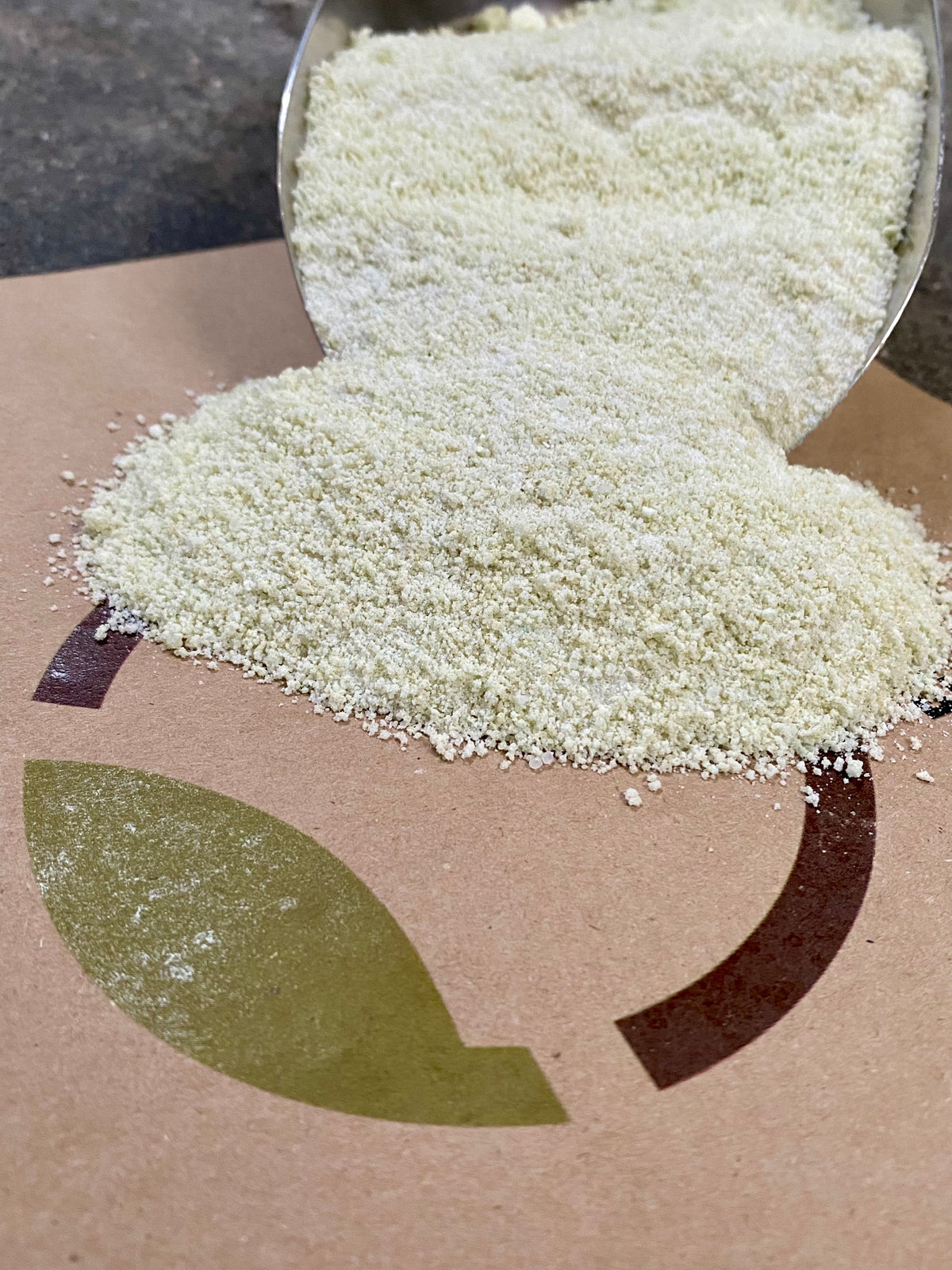Premier Fertilizers for Peppers: Improve Your Harvest Top Quality
Premier Fertilizers for Peppers: Improve Your Harvest Top Quality
Blog Article
Organic Vs. Synthetic Fertilizers: Which Is Best for Nurturing Healthy Pepper Plants?
In the world of supporting healthy pepper plants, the selection in between synthetic and organic plant foods stands as a crucial decision with significant implications. While both alternatives objective to provide necessary nutrients to sustain plant growth, the nuances of their effect on the dirt, plant health, and the setting spark a discussion that mirrors throughout the horticulture area. Recognizing the distinct advantages and prospective mistakes of each fertilizer type is crucial for pepper farmers looking for to enhance their returns while keeping a lasting and eco-conscious method.
Benefits of Organic Fertilizers
Organic fertilizers use a sustainable and environmentally-friendly method to beneficial pepper plants, supplying vital nutrients without using artificial chemicals. These natural fertilizers are originated from organic resources such as compost, manure, bone dish, and seaweed, promoting soil health and biodiversity. Unlike artificial plant foods, natural options launch nutrients slowly, making sure a well balanced and consistent supply for pepper plants to flourish.
One significant advantage of organic fertilizers is their ability to enhance soil structure and water retention. By enhancing dirt wellness, natural plant foods promote useful microbial task, which helps in nutrient uptake by pepper plants. In addition, natural plant foods decrease the threat of chemical run-off, shielding water sources from pollution and guarding the atmosphere.
Furthermore, natural fertilizers add to long-lasting dirt fertility by promoting the growth of helpful dirt organisms. These microorganisms assist break down raw material, launching nutrients in a kind that is conveniently accessible to pepper plants. best fertilizers for peppers. By fostering a healthy soil community, organic plant foods sustain lasting pepper growing techniques that profit both plants and the setting
Downsides of Artificial Plant Foods
Artificial fertilizers, unlike their organic counterparts, present numerous disadvantages when used to nourish pepper plants, impacting both plant health and environmental sustainability. One major drawback of synthetic fertilizers is their propensity to seep nutrients from the soil quickly. This fast leaching can bring about vitamins and mineral imbalances in the soil, triggering plants to experience toxicities or deficiencies. Furthermore, synthetic plant foods can hurt beneficial dirt microorganisms, such as earthworms and helpful bacteria, disrupting the soil ecosystem's equilibrium.
Additionally, the overuse of synthetic fertilizers can add to water air pollution. Excess plant foods not taken in by plants can remove right into water bodies, causing eutrophication, where algae flowers deplete oxygen levels in the water, damaging marine life. Artificial fertilizers are generally acquired from non-renewable sources, such as fossil fuels, contributing to carbon emissions and environmental destruction during their manufacturing.
Nutrient Absorption Contrast
Efficient nutrient absorption plays an essential duty in the general health and development of pepper plants. When comparing organic and artificial plant foods in terms of nutrient absorption, organic fertilizers have the advantage of supplying a more well balanced and slow-release source of nutrients (best fertilizers for peppers). Organic plant foods contain a selection of macro and micronutrients that are not just valuable for the plants however also promote healthy and balanced soil microbial activity, which assists in nutrient uptake. On the other hand, artificial fertilizers often provide a fast release of nutrients, which can lead to seeping and overflow, resulting in reduced nutrient absorption rates by the plants.
Moreover, natural plant foods improve dirt framework and water retention capability, enabling pepper plants to accessibility nutrients more efficiently. This better dirt top quality promotes origin growth, making it possible for far better look at this web-site nutrient absorption. Artificial plant foods, although at first improving plant development because of their high nutrient concentrations, may hinder long-term nutrient absorption by derogatory dirt wellness gradually.
Ecological Effect Considerations

On the various other hand, artificial plant foods, although usually even more promptly readily available and concentrated to plants, can have harmful results on the atmosphere otherwise applied properly (best fertilizers for peppers). Their manufacturing requires high power inputs, resulting in greenhouse gas exhausts and adding to climate adjustment. The overflow of excess artificial fertilizers can infect water sources, leading to eutrophication and harming water ecosystems.
Finest Plant Food Practices for Peppers
When fertilizing pepper plants, enhancing nutrient uptake and decreasing environmental effect are vital factors to consider. To achieve this, it is important to follow best fertilizer techniques tailored to the particular demands of pepper plants. One crucial method is to do a soil test before applying any type of plant foods. This examination can identify the pH degree of the dirt i thought about this and identify any type of nutrient shortages, directing you in choosing one of the most suitable plant food formula.
One more essential method is to fertilize pepper plants at the correct time. Commonly, peppers take advantage of getting fertilizer at growing and after that once again when they start to blossom. Over-fertilizing can lead to nutrient imbalances and hurt the plants, so it is vital to follow suggested application rates.
Furthermore, choosing a balanced fertilizer with an NPK proportion that matches pepper plants' needs is basic. Ultimately, combining organic and synthetic plant foods sensibly can assist nurture healthy and balanced pepper plants while lessening environmental effect.
Final Thought

Organic fertilizers offer an environmentally-friendly and sustainable strategy to nourishing pepper plants, supplying crucial nutrients without the usage of synthetic chemicals. Unlike synthetic fertilizers, natural options release nutrients gradually, ensuring a well balanced and stable supply for pepper plants to grow.
Synthetic fertilizers, in contrast to their organic counterparts, posture various drawbacks when made use of to nurture pepper plants, influencing both plant health and wellness and ecological sustainability. When comparing artificial and organic plant foods in terms of nutrient absorption, organic plant foods have the advantage of supplying a much more balanced and slow-release source of nutrients.In addition, organic plant foods boost dirt structure and water retention ability, permitting pepper plants to gain access to nutrients more efficiently.
Report this page